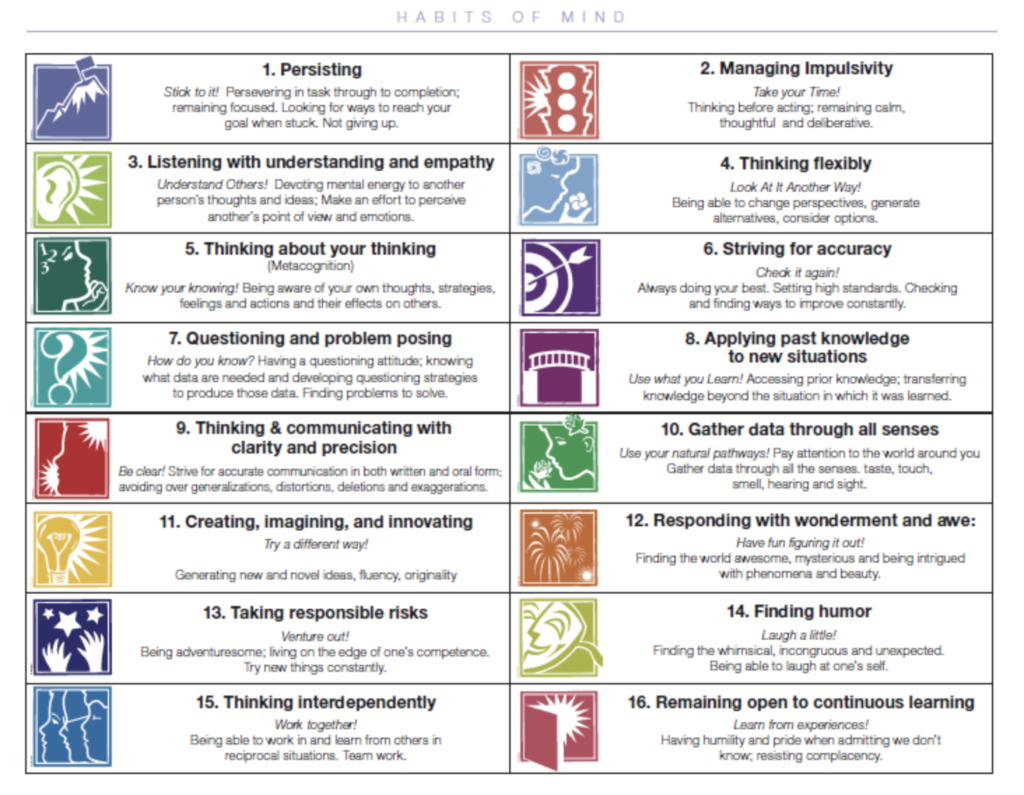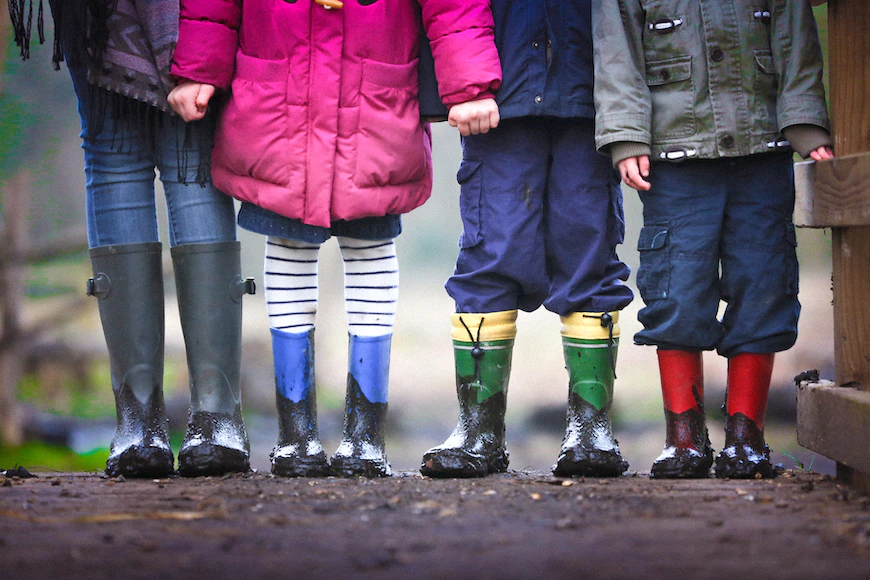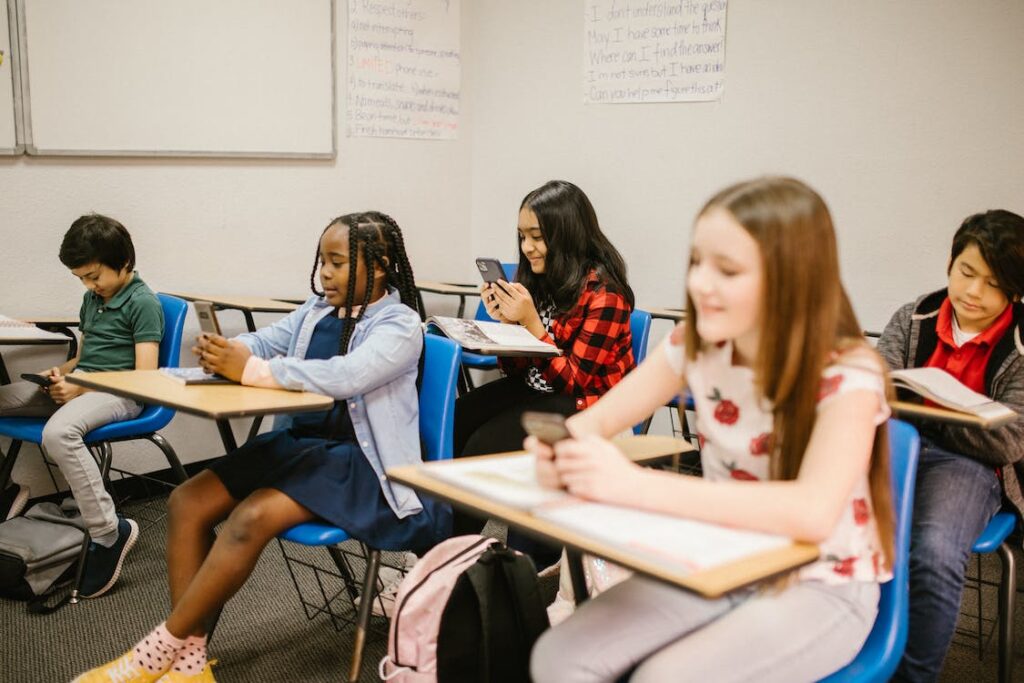"And now, space can take on the function of becoming the next tourist destination. "

Richard Branson and Jeff Bezos recently went into space on their own private spaceships, amid fanfare and fuss, glitz and glamour. Why is it such a big deal? One reason is that up to now space travel has been possible only on government craft. Private companies embarking on these voyages – with ticketed passengers to boot – has always been a thing of the future in most people’s minds. The future has clearly arrived.
To most people, space travel has always been an exploratory and scientific endeavour, one that involves billions of dollars, government regulation and administration. If you’re not working towards becoming an astronaut, rocket engineer or any space related vocation, space probably does not occupy your daily concerns much. The foray into space however has altered our daily lives, thanks to the research that went into it and the useful products it yielded. Freeze-dried foods that hikers or long distance campers take with them today were invented for NASA. When they were trying to figure out how to measure the temperature of stars, infrared thermometers were invented and are now in daily use. Even scratch-resistant coating on sunglasses today was first made for astronauts’ helmets.
And now, space can take on the function of becoming the next tourist destination.

For many millionaires in the world, space travel on one of Branson’s or Bezo’s spaceships are surprisingly affordable. For USD$250,000, one might get a ticket on a Virgin Galactic spaceship. Bezos’ Blue Origin might take us up for a cool USD$55 million dollars. We await Elon Musk’s SpaceX pricing with bated breath.
These aren’t the only companies who are trying to make gravity-free leaps and bounds however. Astra Space built an orbital rocket and is planning to fly satellites into orbit every single day. Satellite maker Planet Labs has announced its plans to do the same, Firefly Aerospace has a rocket in California awaiting clearance to launch. OneWeb is launching satellites meant to provide full coverage to the planet with high-speed Internet access. Rocket Lab of New Zealand is planning missions to the moon as well as to Venus.
Most fascinating of all to most of us regular folk, is the Space Hotel slated to open in a mere 6 years time. Yes you can read that again, you may not merely get to go to space, but also get to enjoy a spa or a pool with perhaps the most literally out-of-this-world views captured on your instagram stories. Also, gravity free basketball anyone?
It is exciting indeed to think about a time when travel to an exotic location includes one that is off planet. The next 10 years promise to hold exciting new developments in this sphere, and by the next 10, it will hopefully become safe and affordable for everyone on earth, and not just billionaires.

















































































